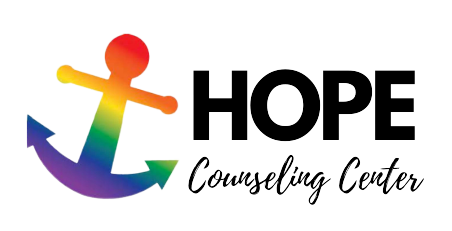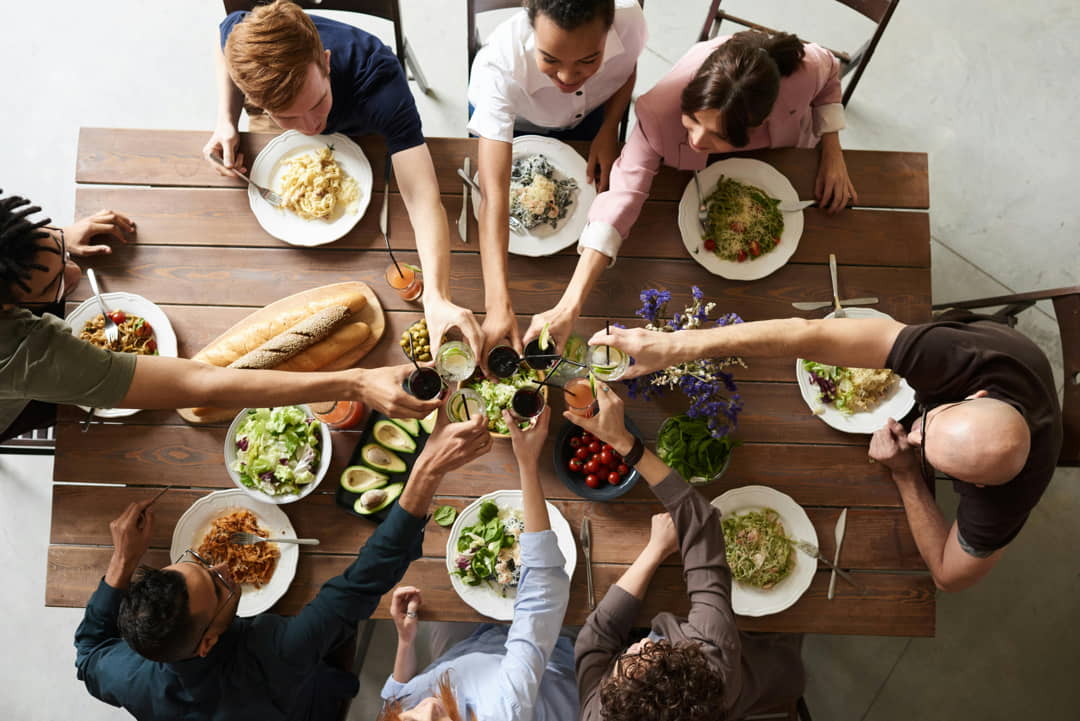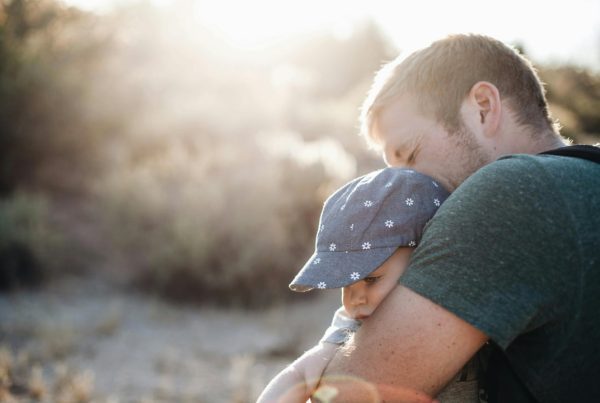Cultural backgrounds significantly shape family expectations, roles, and interactions. For many millennials, navigating the intersection of traditional cultural expectations and contemporary personal values can be a delicate balancing act. This blog delves into understanding these dynamics and offers strategies for managing cultural pressures while maintaining one’s authenticity.
Understanding Cultural Influence:
Cultural norms dictate many aspects of family life, from the roles individuals play within the family to how decisions are made and who makes them. Recognizing these influences is the first step in navigating them effectively.
- Identify Cultural Norms: Take time to reflect on the cultural expectations that have shaped your family’s dynamics. Which aspects do you value, and which do you find challenging?
- Respect Traditions While Embracing Change: It’s important to honor where you come from but also where you are heading. Balancing respect for traditions with your personal beliefs and contemporary societal norms can lead to a more harmonious life.
Strategies for Balancing Cultural Expectations:
- Open Dialogue: Engage your family in discussions about cultural expectations. Express your views and listen to theirs. This can foster understanding and help bridge generational and cultural gaps.
- Set Boundaries: Politely set boundaries around issues where cultural expectations do not align with your personal values. Explain your reasons respectfully and stand firm in your decisions.
- Seek Compromises: Where possible, find middle ground that respects both cultural traditions and your personal beliefs. Compromise can demonstrate flexibility and respect for family while maintaining your integrity.
Navigating Inter-Generational Differences:
Different generations often have varying degrees of attachment to cultural traditions. Understanding and respecting these differences can improve family dynamics.
- Educate and Share: Share your perspectives and experiences with older family members to help them understand your views. Conversely, be open to learning about the cultural ties that are important to them.
- Incorporate New Traditions: Create new family traditions that blend cultural elements with new practices that reflect your current values and lifestyle.
Navigating cultural expectations in family dynamics requires patience, understanding, and clear communication. By engaging in open dialogue, setting respectful boundaries, and seeking compromises, you can honor both your cultural heritage and your personal values, enriching your family’s experience and cohesion.
How do you balance traditional cultural expectations with modern values in your family dynamics? Share your experiences and tips in the comments below to help others navigate this complex terrain. See how counseling for families can help or contact us if you have any questions!







